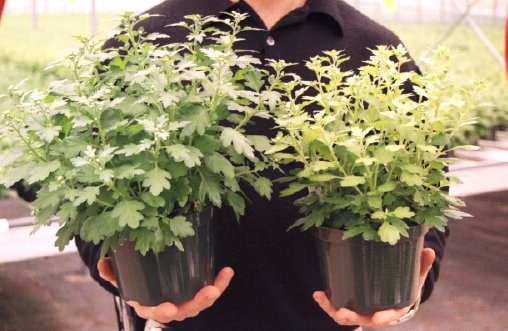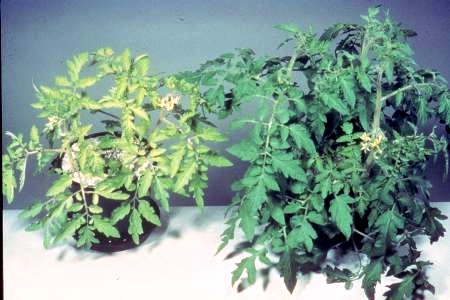SULFUR 250 GM
Sulfur (S), along with calcium and magnesium, is one of the three secondary nutrients required by plants for normal, healthy growth. As mentioned in a previous article “Role of Calcium in Plant Culture”, the term secondary only refers to the quantity and not the importance of a nutrient. A deficiency in a secondary nutrient is just as detrimental as a deficiency in nitrogen, phosphorus or potassium. Sulfur is often overlooked and underappreciated in importance. There is a significant balance between nitrogen and sulfur. Without enough sulfur, plants cannot efficiently use nitrogen and other nutrients to reach their full potential.
Function of Sulfur:
Plants acquire sulfur from the growing medium as sulfate (SO4=). Sulfate is readily soluble and subject to loss by leaching. Plant metabolism reduces sulfate and sulfur dioxide to forms that can be used to build organic molecules. Sulfur is a vital part of all plant proteins, and certain plant hormones. It is also used in the formation of certain oils and volatile compounds found in the onion and garlic family.
Sulfur Deficiency:
Since sulfur is associated with the formation of proteins and chlorophyll, its deficiency symptoms resemble those of nitrogen. Sulfur is moderately mobile within the plant, therefore deficiency symptoms usually start on the younger leaves and progress over time to the older leaves, resulting in plants becoming uniformly chlorotic. While sulfur deficiency symptoms on an individual leaf look like those of nitrogen, nitrogen deficiency begins in the lowest leaves, not the newest.

"The mum on the left is normal, while the one on the right has sulfur deficiency.
Notice the chlorotic, stunted growth. Source: Premier Tech Horticulture"

"The tomato on the left has sulfur deficiency, while the one on the right is normal.
Notice the chlorotic, stunted growth. Source: Premier Tech Horticulture"
Sulfur Toxicity:
Sulfur toxicity is very rare and will most likely not occur even if excessive sulfuric acid is injected to neutralize water alkalinity. High sulfur levels in the growing medium can compete with and induce nitrogen deficiency.
Sulfur Sources:
Most water sources do not provide adequate sulfur for normal plant growth. Furthermore, most commercial water soluble fertilizers do not provide adequate amounts of sulfur either. Check the complete analysis of the fertilizer to confirm how much sulfur it supplies. The minimum level of sulfur coming from the fertilizer solution should be 25 ppm sulfur or 75 ppm sulfate. If the fertilizer solution provides inadequate levels of sulfur, consider mixing Epsom salts into the fertilizer stock solution to provide missing sulfur. Consider the application of Epsom salts at a rate of 2-4 ounces/100 gallons of water as a constant feed with your water soluble fertilizer program. Never blend sulfur-containing fertilizers with calcium-containing fertilizers in a stock tank as precipitates will form.
If water alkalinity is high and sulfur levels are low in your fertilizer program, consider using sulfuric acid as it will address both concerns.
To determine sulfur levels in your water or fertilizer solution, have it tested by Premier Tech Horticulture. Your Grower Services representative can explain the analysis, suggest fertilizers that can provide sulfur or, if necessary, provide sulfuric acid injection rates to neutralize excessive water alkalinity.